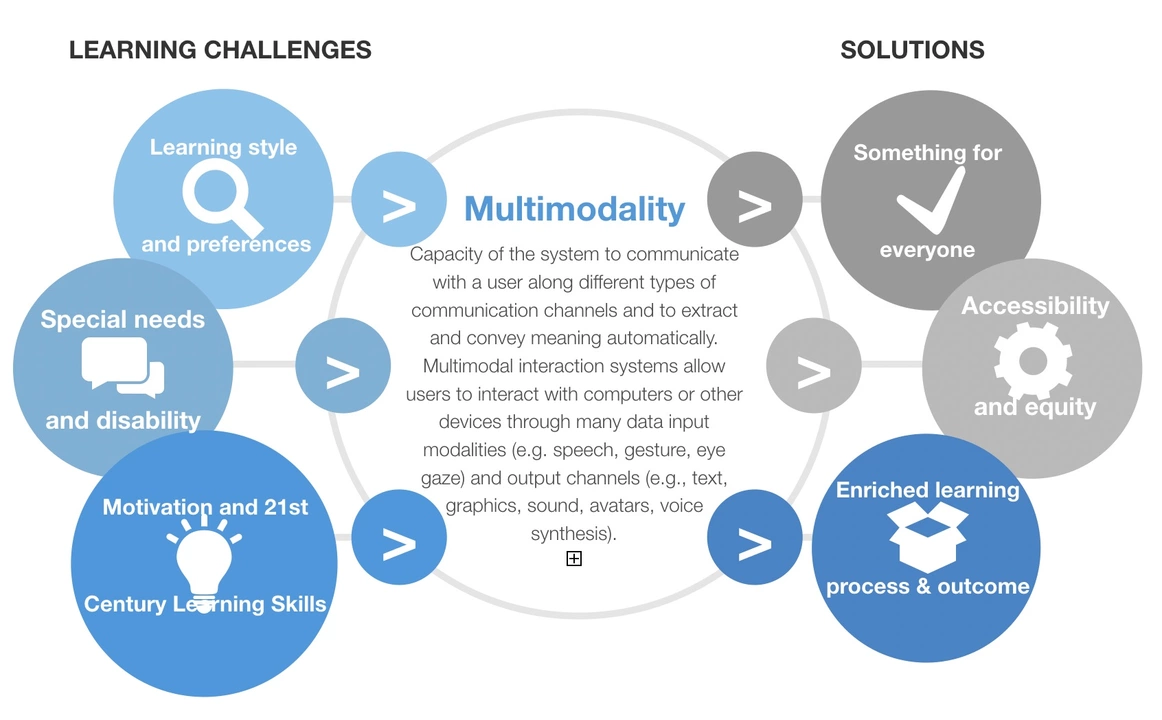Managing dementia: practical tips for daily life
Facing dementia is hard, whether you're the person diagnosed or a caregiver. Small changes in routines, environment, and communication can make days calmer and safer. Below are practical, easy-to-use tips you can start this week.
Daily routines and environment
Keep a consistent daily schedule. People with dementia do better when meals, sleep, and activities happen around the same time each day. Use visible clocks and a big calendar on the wall. Remove trip hazards, label drawers and doors, and keep furniture in familiar places. A well-lit home reduces confusion—turn on night lights in hallways and bathrooms.
Simplify clothing choices: lay out one or two outfits to avoid decision stress. For meals, serve finger-friendly foods when chewing or swallowing becomes hard. Consider adaptive utensils and non-slip plates to help maintain independence.
Communication and behavior
Speak slowly and use short sentences. Ask one question at a time and give plenty of time to respond. If someone repeats questions, try a calm answer and then gently redirect to a different activity or a photo album. Praise effort, not memory. For example, say "You set the table nicely" instead of pointing out forgotten steps.
When agitation starts, check for simple causes: hunger, pain, too much noise, or needing the restroom. Try soothing music, a short walk, or a favorite snack. Avoid arguing—validate feelings first ("You seem upset") and then offer help.
Use memory aids like labeled photos, voice recordings reminding daily facts, or smartphone alarms for meds. Keep important papers in a single, secure spot and take photos of medical cards or prescriptions for quick access.
Medication matters: follow the doctor’s plan and bring a list of all prescriptions to each appointment. Ask about side effects that might affect mood or balance. Never stop a medication without checking with a healthcare provider.
Care for the caregiver too. Short breaks reduce burnout. Try a regular weekly activity that recharges you— a walk, a coffee with a friend, or a support group. Respite services can give trusted short-term relief so you can rest or handle errands.
Plan ahead legally and financially while the person can still participate. Simple steps like setting up a power of attorney, updating wills, and listing emergency contacts save stress later. Keep copies of legal documents in a secure but accessible place.
Use community resources: local Alzheimer’s groups, adult day programs, and home health services can offer support and ideas. A social worker or geriatric care manager can help coordinate care and find local services that fit your needs.
Regular gentle exercise, like short walks, chair exercises, helps mood, sleep, and strength. Keep people hydrated—offer water often and favorite drinks. Use sensory activities such as folding towels, baking, or listening to familiar songs to reduce stress. If you notice sudden changes in thinking, balance, or eating, contact doctor promptly.
Finally, focus on what still works. Celebrate small wins—an easy laugh, a favorite song, or a quiet moment together. Those moments matter more than perfect memory.
The Role of Social Interaction in Managing Dementia of the Alzheimer's Type
In my latest blog post, I explored the crucial role of social interaction in managing dementia of the Alzheimer's type. I discovered that engaging in regular social activities can significantly slow down cognitive decline and improve the overall quality of life for those affected. Additionally, social interaction helps reduce feelings of loneliness and isolation, which are common in dementia patients. By spending quality time with loved ones and participating in group activities, individuals with Alzheimer's can maintain better mental health and emotional well-being. Overall, incorporating social interaction into a comprehensive care plan is vital in managing this challenging condition.






